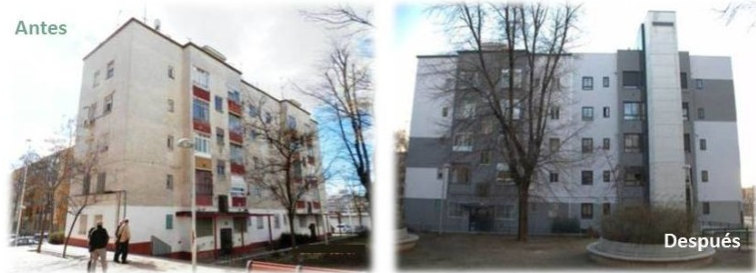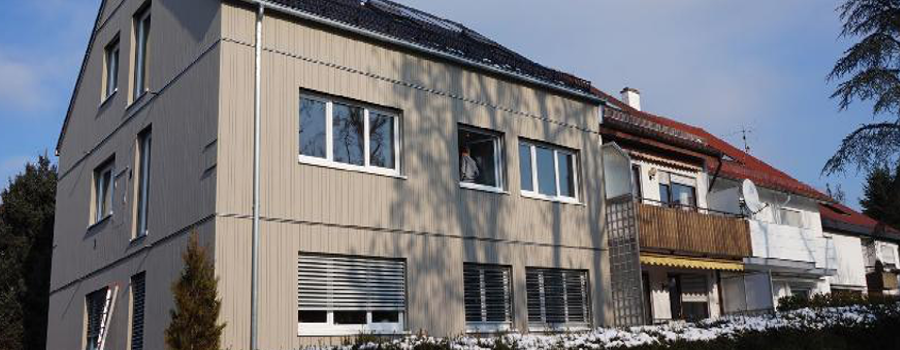In the European Commission, there is a clear interest in improving the energy and environmental conditions of the building sector, and to reduce the impact of this sector in terms of energy consumption and CO2 emissions. That interest is materialized in funding several research and demonstration projects that go in this direction. One of these projects is iNSPiRe.
Last month it was held in Brussels the final meeting of iNSPiRe, bittersweet moment, because on one hand we were assuming the farewell of many colleagues of the 24 partners involved in the project and on the other hand meant a great satisfaction because finally, after 4 years of hard work, we were collecting the results coming from many conferences, many meetings and countless reports.

The iNSPiRe project is aligned with the ambitious European directive on energy performance in buildings which aims to achieve the reduction of energy consumption in buildings both in the residential sector and the tertiary sector. In this demonstrative project in addition to defining a process of renovation of buildings to reduce their energy consumption, they have been also developed highly efficient and innovative technological kits, with the aim of putting them on the market as future upgrades to the systems currently used in buildings renovation projects of the construction industry. In this way the building demo-sites have acted as the best testing bench for these kits. Different kits have been developed as a solution for multiple systems as kits for energy distribution or kits for envelopes and facades with innovative solutions for energy storage and energy generation systems.
As mentioned, all technological solutions developed within the iNSPiRe project have been installed on two demonstrators. One of them is located in Madrid, Spain, and the other in the German city of Ludwigsburg and both buildings belong to the residential sector. Both the data obtained from monitored buildings and the simulation data will be used for the creation of a common database that will serve professionals in engineering and architecture, as well as local authorities to inform them of the most efficient and cost-effective resources in a deep renovation of buildings.

Within CARTIF in this project we have been responsible for the tasks of monitoring, follow-up and analysis of the indicators that allow the verification of the optimum performance of the installed solutions and verify that the tenants reach comfort conditions. The first objective covered was the definition and design of a monitoring system that would allow the assessment of energy savings and to know the performance of the buildings before and after the renovation and rehabilitation process. In addition, CARTIF developed a surveillance software that show us when one of the solutions is not working properly, a situation the software interprets through the information collected from multiple sensors installed in the demo-sites. CARTIF’s work has always been closely linked to the business partners developers of technology kits one, as our role has also been to inform them of the correct performance and efficiency of their developments.
To carry out the evaluation of energy savings, both demo-sites have been monitored for two years in two periods, one year before refurbishment and one year afterwards, with the aim of identifying their behavior before and after and obtain a base line for comparison. For this task four groups of indicators were defined: comfort, electrical consumption, heating demand and finally emissions. Apart from those, economic indicators have been also defined but due to the timings on the kits installation, this indicator has not been already studied.
Regarding the results, although we have not been able to make a savings analysis, we have made a comparative study of the performance of the buildings in the two monitoring periods. Once the data from all kits are available it will be possible to make more in-depth valuations.
In the Energy Area of CARTIF we are committed to help transforming our living environments into more sustainable and energy efficient ones, and our work and outcomes of the iNSPiRe project will impact in this direction.
- Energy renovation in residential buildings - 11 October 2016
